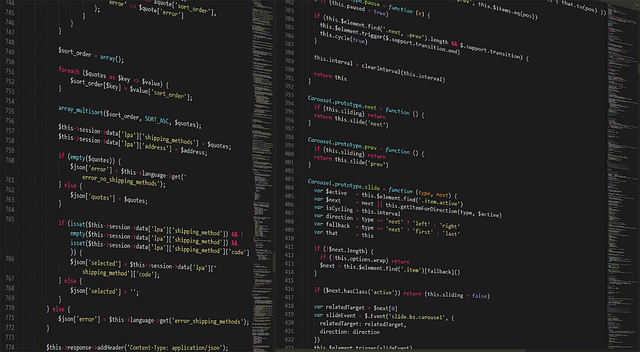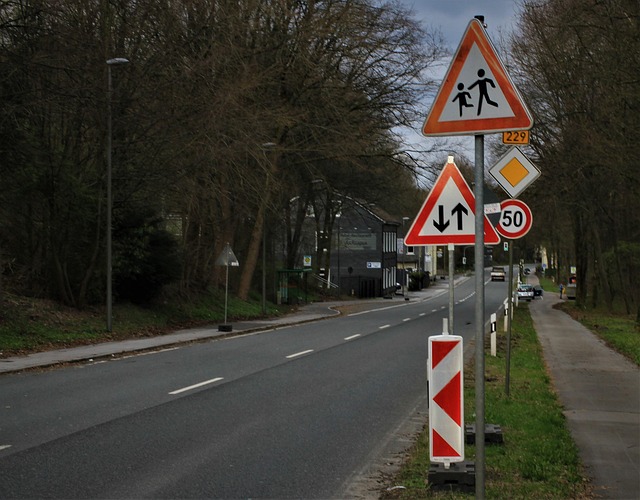In today’s fast-paced digital age, the concept of self-control development often feels like an uphill battle. Our devices are designed to capture our attention and hold it captive for as long as possible. Notifications pinging, social media scrolling, and the endless array of content available at our fingertips can overwhelm even the most disciplined among us. As we navigate this tech-driven landscape, the need for awareness and deliberate actions toward self-control becomes more critical than ever.
One effective way to foster self-control development is through a digital detox. The term itself can instill a sense of dread for many, as it implies stepping away from the devices that have become an extension of our very selves. However, consider it a chance to reclaim autonomy over your time and attention. Taking a break from screens can help us reconnect with the human elements of our lives—relationships, hobbies, and our own thoughts. By consciously reducing our digital consumption, we create space for self-reflection and understanding, qualities that are often drowned out by constant notifications and online distractions.
In this tech vs. human world, the challenge lies not only in resisting the allure of technology but also in practicing self-compassion. It’s easy to feel guilty for wanting to disconnect or take a break; our culture often praises perpetual connectivity and responsiveness. Yet, recognizing that you are allowed to prioritize your mental well-being is a significant step towards developing self-control. Give yourself permission to unplug, even if just for a day. You might be surprised at how liberating it can feel.
As you embark on your digital detox journey, implement small, manageable changes. Start with designating specific times to check your devices, or create tech-free zones in your home. These boundaries promote awareness about your digital consumption and create opportunities to engage with the world around you—be it through reading a book, going for a walk, or having meaningful conversations with friends and family. The goal isn’t to eliminate technology from your life entirely but to find a harmonious balance between tech usage and human connection.
Moreover, self-control development is about fostering a growth mindset. Instead of viewing challenges as roadblocks, treat them as opportunities to strengthen your resolve. Every time you choose a book over scrolling through social media or prioritize face-to-face interactions over texting, you build your self-control muscles. Celebrate the small victories, and remember that this is a journey; you are learning to navigate the complexities of a world filled with both incredible technological advancements and rich human experiences.
As we continue to maneuver through the relentless tide of technology, let us not forget the value of being present, both for ourselves and for those around us. Self-control development isn’t just about resisting temptation; it’s about creating a more fulfilling life beyond the digital screen. By acknowledging our humanity in contrast to technology, we can cultivate a space where personal awareness thrives, leading to more mindful choices and ultimately a healthier relationship with our devices.




